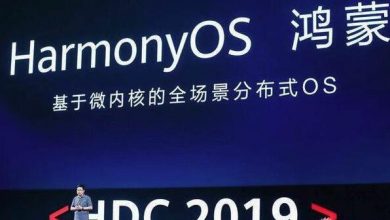Today, Ming-Chi Kuo released a report that the iPhone is expected to adopt 5G modem chips developed by Apple as early as 2023. Qualcomm will be forced to win more orders in the low-end market to make up for the loss of Apple’s orders.
Kuo said that the key to MediaTek’s 5G SoC advantage lies in close cooperation with TSMC, but Qualcomm will transfer low-end (6nm) and high-end (4nm) 5G SoC production orders to TSMC in 2021 and 2022, respectively. MediaTek’s production advantage will gradually decrease as Qualcomm returns to TSMC. The report predicts that TSMC will ship Qualcomm’s SM7325 and SM6375 chips in 2Q21 and 3Q21, respectively, which will help Qualcomm regain market share from MediaTek.
The report believes that MediaTek’s 5G SoC market share has beaten Qualcomm’s, reaching 50%-55% in the first quarter of 2021. It is expected to slightly increase to 55%-60% in the second quarter of 2021, but this also means the future growth space is limited. The report believes that no brand expects a single SoC supplier to have an excessive market share.
In terms of high-end SoCs, MediaTek is still unable to replace Qualcomm. Apple will use its own modem chip, which means that MediaTek does not have the opportunity to drive growth for new customers.
The report also pointed out that Qualcomm’s challenges include: 5G cannot drive the demand for high-end Android 5G mobile phones, plus it will lose iPhone modem chip orders as early as 2023, and will be forced to compete with MediaTek in the low-end market.
TSMC’s bargaining power is higher than Qualcomm’s, so Qualcomm’s transfer order from Samsung to TSMC may reduce its profits. With the sluggish demand for 5G mobile phones and the foreseeable future improvement in supply shortages, Qualcomm may have to sacrifice profits to increase its 5G SoC market share.





